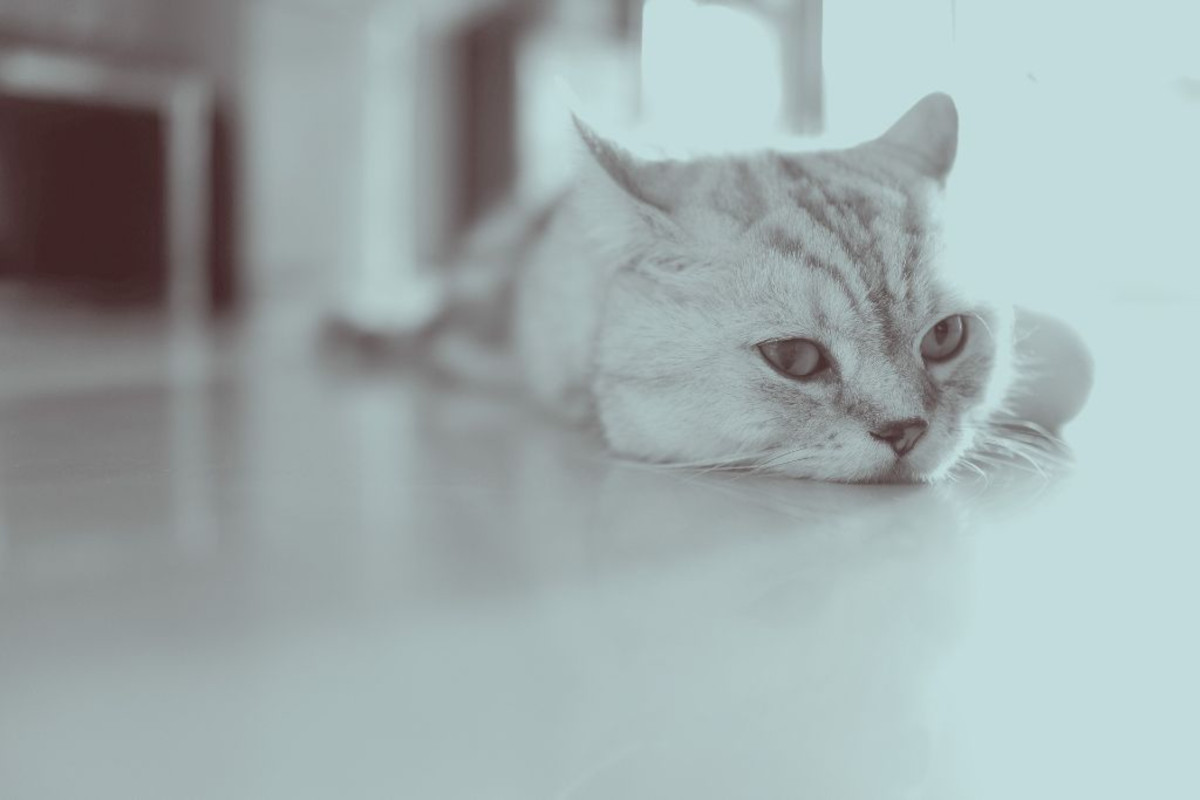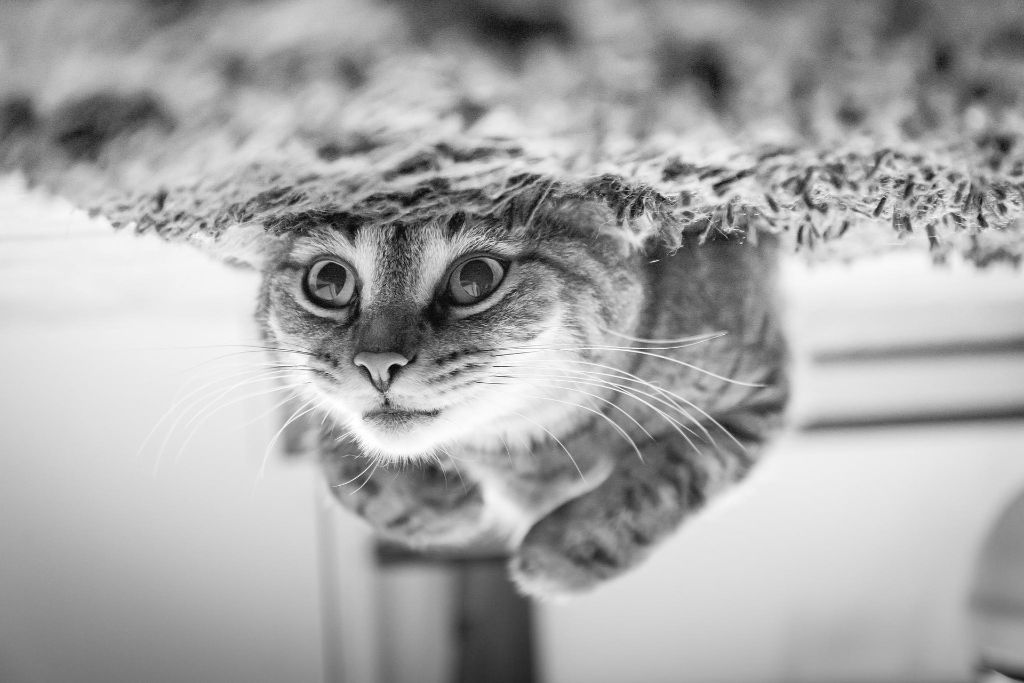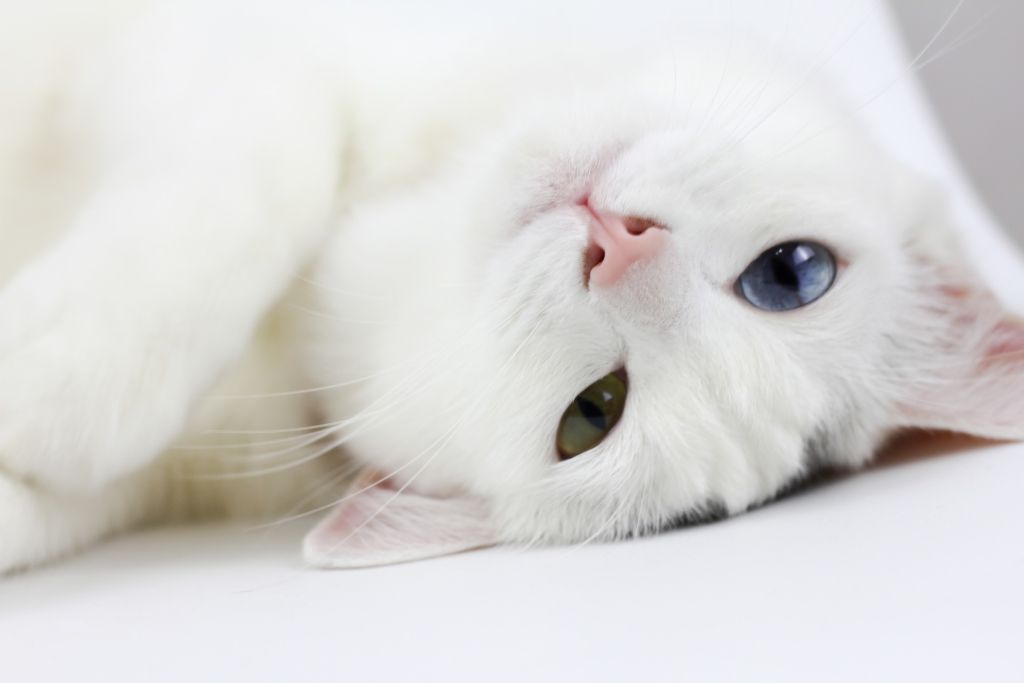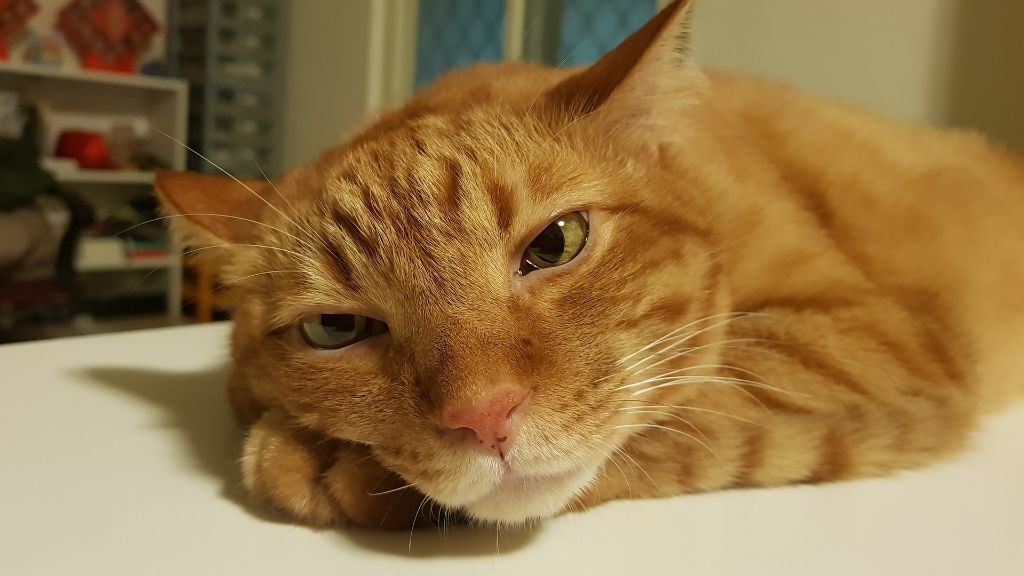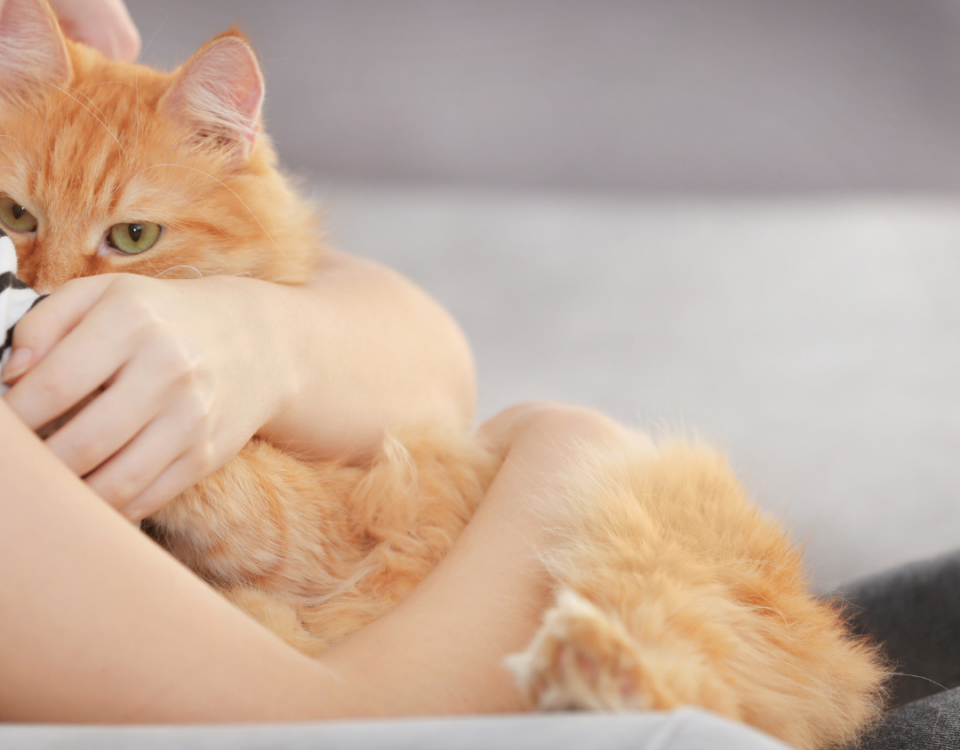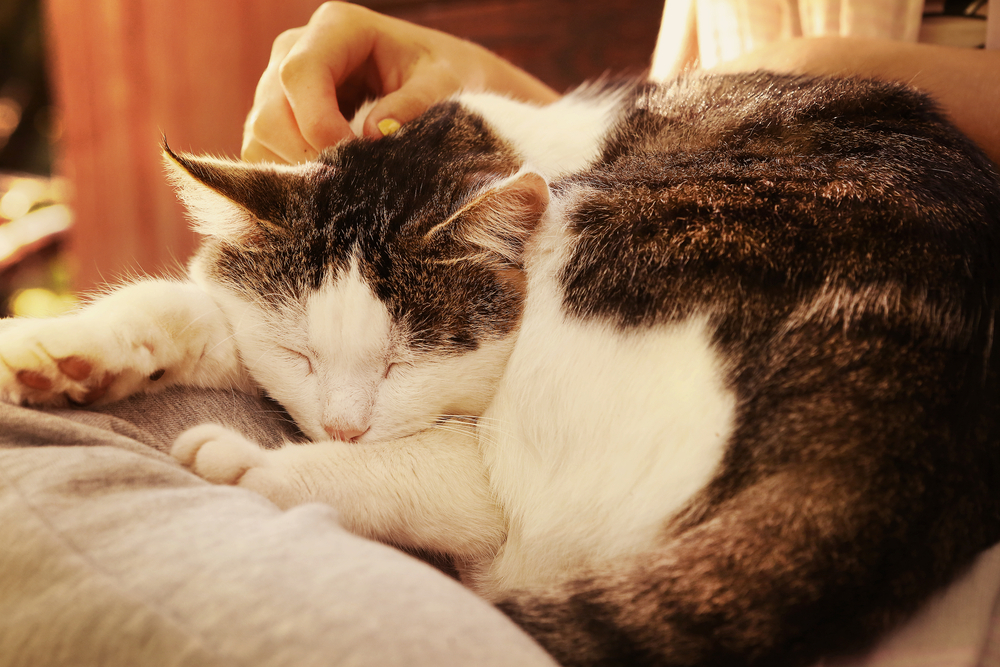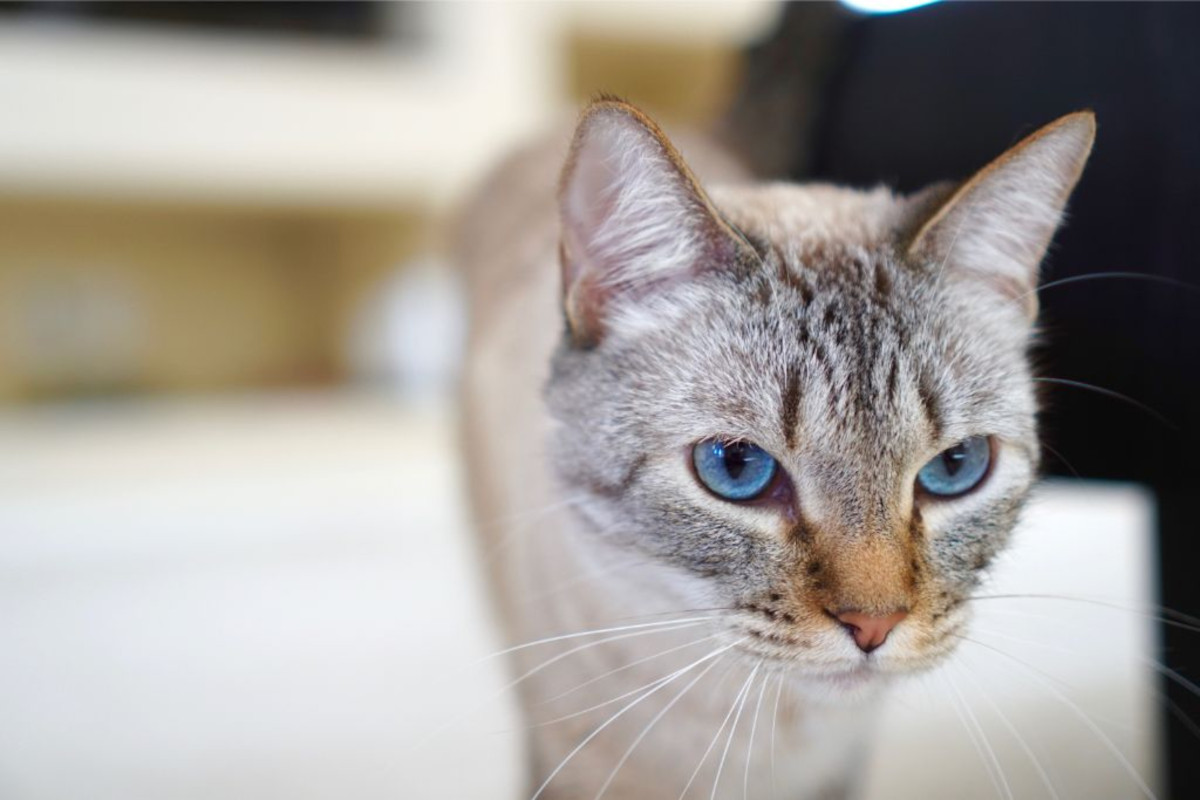
Cat Suddenly Urinating In House? Medical Causes And Symptoms
April 30, 2019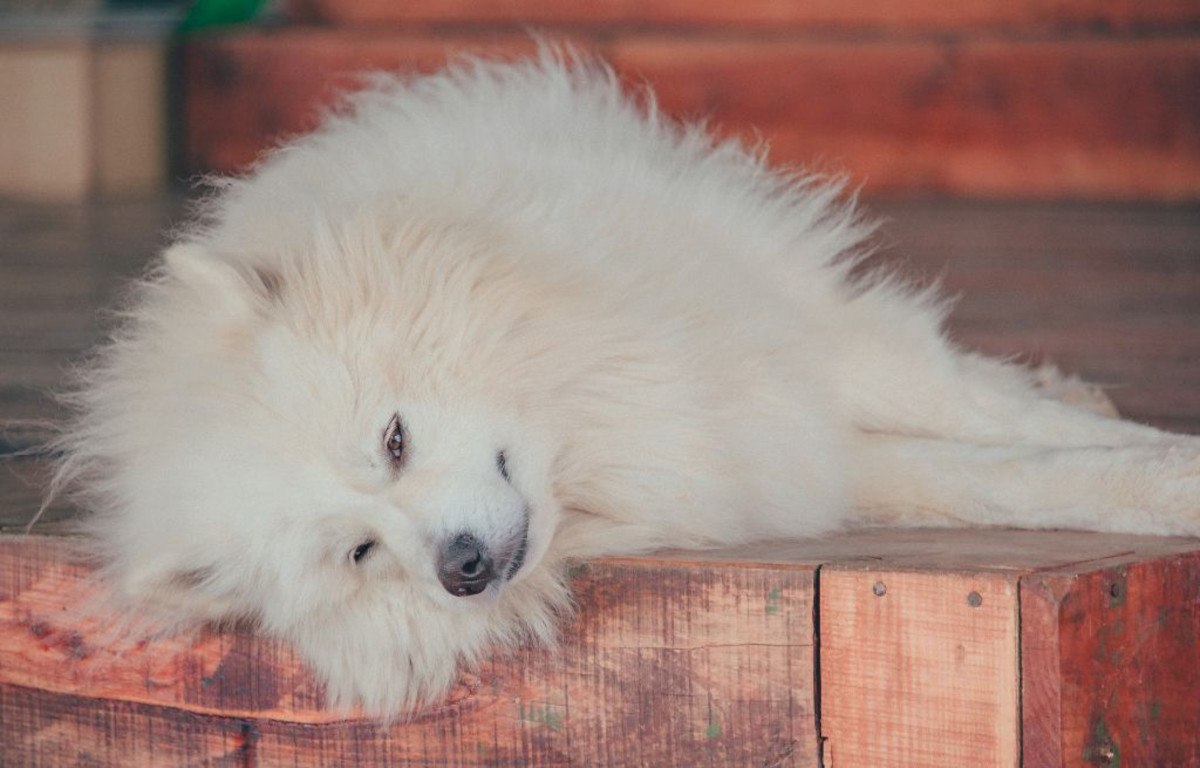
Dog seizures, symptoms and causes
May 14, 2019Cat Seizures: Symptoms And Causes. Cat seizures happen due to sudden, uncontrollable electrical activity in the brain. They can happen just once or several times in a short space of time. Sometimes they occur every few weeks or months. The term epilepsy is used to describe repeated episodes of seizures.
A cat seizure will normally last for a short time. And your cat may be unconscious during the convulsion. This can all be quite distressing. And understanding the basics will help you determine the course of action to take. Read more about cat seizures: symptoms and causes here…
Signs of Seizures
A cat seizure while sleeping is common and often happens when your cat is resting. Cat seizure symptoms include:
- Cat twitching
- Sudden bursts of activity
- Aggression
- Jerking of the body and limbs
- Confusion and disorientation
- Loss of bladder control
- Inability to stand
- Excessive drooling
Types of Seizures
A cat having seizures will be categorised as:
- Having Idiopathic Epilepsy – which means a seizure of unknown origin
- Petit Mal – a very mild type that can just be an abnormal eye movement
- Focal Motor – just part of the body seizes and looks like a twitch or a tremor
- Grand Mal – your cat will lose consciousness, fall down, jerk, twitch, and may urinate and defecate
- Status Epilepticus – a grand mal seizure where breathing can stop and your cat may die
- Cluster – these seizures can happen several times a day and are described as urgent care situations
Seizure Causes
- Cat seizures in older cats normally have underlying causes of infection, trauma, or tumours. Other causes may include:
- Exposure to toxins – lead, mercury or poisonous plants can induce seizures – as can antifreeze ingestion
- Brain disorders – brain swelling caused by head trauma can cause seizures – or a blood clot that can cause strokes in cats – see below for cat stroke symptoms
- Systemic disease – hypertension resulting from kidney disease can affect brain function and trigger seizures
- Bacterial and viral infections – and feline infectious peritonitis can cause lesions in the brain and seizures
- Liver disease – can cause a build-up of toxins in the bloodstream and indirectly cause seizures
- Medication products such as flea treatments can also trigger seizures
- Exposure to certain sounds – known as feline audiogenic reflex seizures – a newly discovered experience that sound related activity can cause seizures
What to Do
If your cat has a seizure you should try to:
- Time how long the seizure lasts
- Provide bedding and pillows to avoid your cat getting injured
- Keep your cat away from high areas that could result in a fall
- Avoid putting your fingers into your cat’s mouth as you may accidentally get bitten
- Video the seizure on your mobile phone if possible
- Stay calm and recognise your cat will be very frightened and disoriented afterwards
- Get in touch with your vet as soon as possible
How You Can Diagnose a Seizure
Take all your evidence with you to discuss with your vet. The more information you can provide the better, to carry out a thorough physical examination. Followed by blood tests. Additional testing could include an analysis of the spinal fluid, MRI and CT imaging, and an EEG performed by a neurology specialist.
The prognosis of a cat seizure disorder is dependant on the frequency of the seizures, the presence of an underlying cause, and your cat’s response to treatment.
Treatment for Seizures
If your vet does not know the cause of your cat having seizures or twitching uncontrollably, they will give your cat medications to manage the severity and the frequency of these events. Your cat will have a long-term course of an anti-convulsant to treat repeated seizures. Your vet should periodically monitor any drugs that your cat takes and adjust the dosages depending on treatment response.
The vet will give your cat medication to counteract any effects of toxins which include making your cat vomit to remove toxins from the body. If your cat is older, the vet may also recommend a change of diet.
Cat Stroke Symptoms
With a stroke, symptoms develop very quickly. Also, your cat can seem perfectly normal one minute and then have these possible signs of a stroke:
- Unsteadiness when walking
- Not using the legs normally
- Head tilting
- Unequal pupil sizes
- Muscle spasms that cause the head, neck, and body to arch backwards
- Seizures
- Coma
Determining whether to continue treatment after a stroke is very difficult, but some otherwise healthy cats do tend to make a good recovery. The prognosis for cats with severe symptoms is generally not good.
Home Visit Vets
Cat euthanasia at home may need to be considered as your final option. Your vet will answer any questions you have about the procedure. And all the personal help and support you need in making this difficult decision. The gentle euthanasia process will ensure your cat drifts into a peaceful sleep. And you can say goodbye in a calm and tranquil way.


